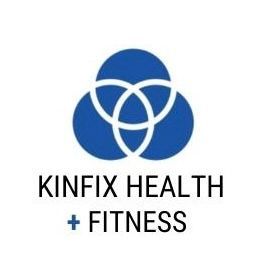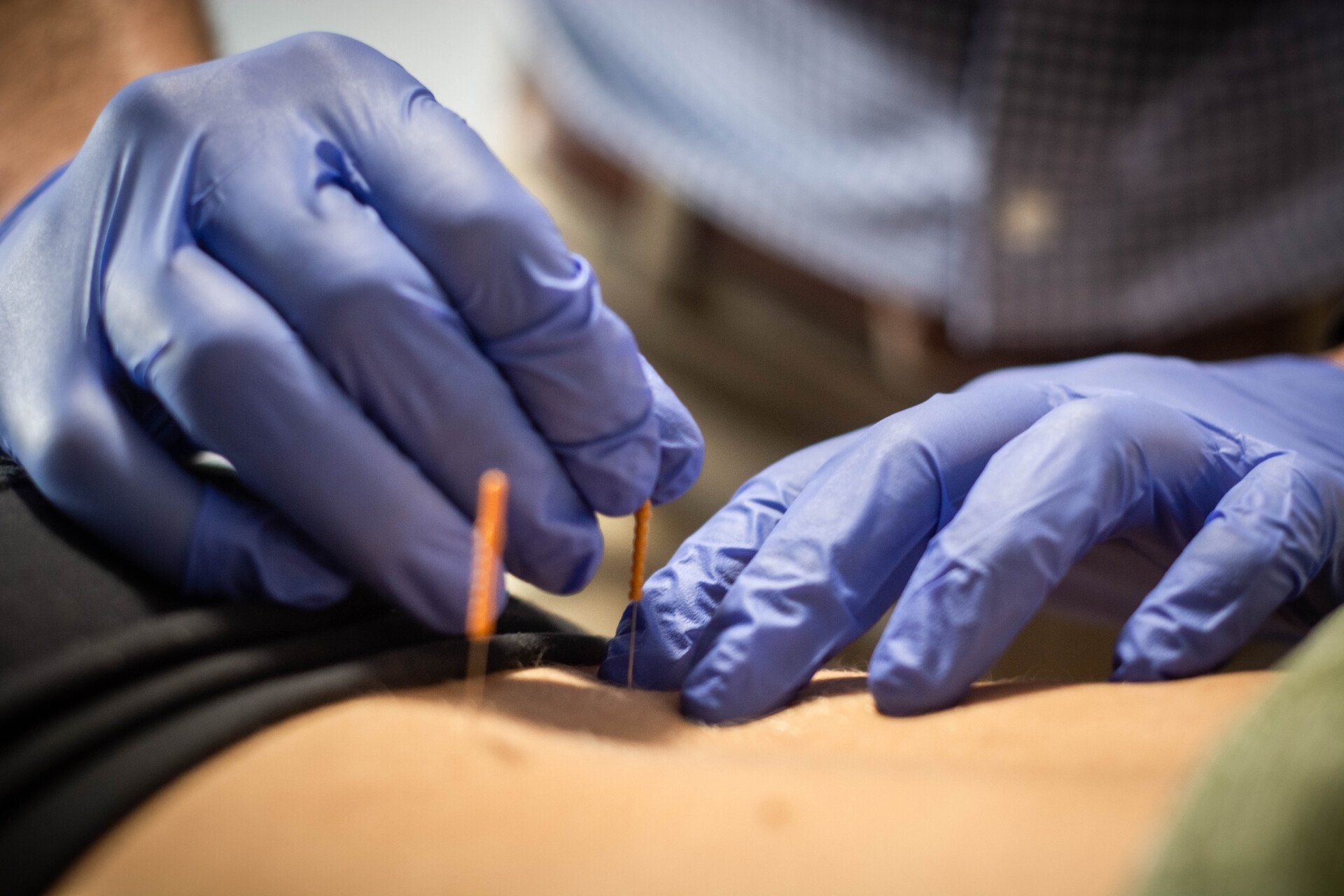Acupuncture Clinic in Halifax
Decrease Pain with Acupuncture
Stimulate Endorphins and Feel Good Again
Understanding the Art of Acupuncture
Acupuncture was developed thousands of years ago and it continues to prove its efficacy time and time again. Applying thin, sterile needles at set acupuncture points along the body encourages the release of endorphins and stimulates the body’s natural healing mechanisms.
Acupuncture treatments can help you move better, easier and without pain. This allows you to increase your strength and flexibility as you heal, which accelerates your recovery and allows you to feel good once again.
What You Can Expect
At your first acupuncture appointment, your physiotherapist will discuss your ailments and explain how acupuncture can help you.
There’s no need to worry. Acupuncture is completely safe when performed by a trained professional. Each needle is sterile and one-time-use, which eliminates the chances of any contamination.
Typically, the needles are inserted at set acupuncture points (which depend on your injury or complaint). Your physiotherapist will then set a timer ranging from 5 to 60 minutes. Usually, your practitioner will set less time for your first appointment and gradually increase that time at the following sessions.
Some may notice pain relief right away. Meanwhile, others may notice pain relief after a few sessions.
Book A free consultation today
If you’ve been searching for an ‘acupuncture clinic near me,’ KinFix Health is proud to offer exactly what you need in the heart of downtown Halifax.
Paving Your Way Toward a Pain-Free Life
Got Questions? We’ve Got Answers
"Dr. Payne is so personable and he is great at his job! He definitely helped with my mobility and relieved my pain! I highly recommend his practice!"
Transforming Your Body and Your Pain
From acupuncture and massage therapy to finding a physiotherapy clinic near you, KinFix Health is here to help transform the way you think about pain. In so many ways, we’ve become used to turning to invasive medicines and procedures when things go wrong. However, the body is very capable of healing itself.
By turning to more natural and less-invasive solutions, we can heal better and recover faster without disrupting other processes within the body.
Work With Your Body’s Natural Healing Abilities
Your body is a highly intelligent machine with built-in healing mechanisms. Acupuncture simply stimulates these mechanisms, which allows you to heal better and experience less pain throughout the process.
Acupuncture works to stimulate the release of endorphins and it also stimulates other biochemical changes that trigger your body’s healing capabilities. As a result, acupuncture promotes good health and wellness. In addition to traditional acupuncture, techniques like intramuscular stimulation (IMS) and functional dry needling can also yield excellent results and have gained popularity in recent years.
While all of these methods use needles, they vary with respect to the problems and conditions they treat, as well as where the needles are inserted.


